Coronavirus and the ensuing global lockdown took everyone by surprise and turned our world upside down. The economic impact of the virus reverberates through industries worldwide. The luxury sector, predictably, expects the hardest hit.
Even where there are signs of a revival in demand, there is fear. Fear of entering malls and shops (no matter how luxurious). Fear of being around people. Fear of touching contaminated surfaces. Fear of the unknown. This fear is keeping many would-be shoppers away. Of course designers and retail outlets attempt to create a safe shopping atmosphere. Entry by appointment only, frequent sanitization, mandatory wearing of masks and gloves are examples of the measures being taken to assuage customers. It’s just not clear whether this is enough to get people into stores.
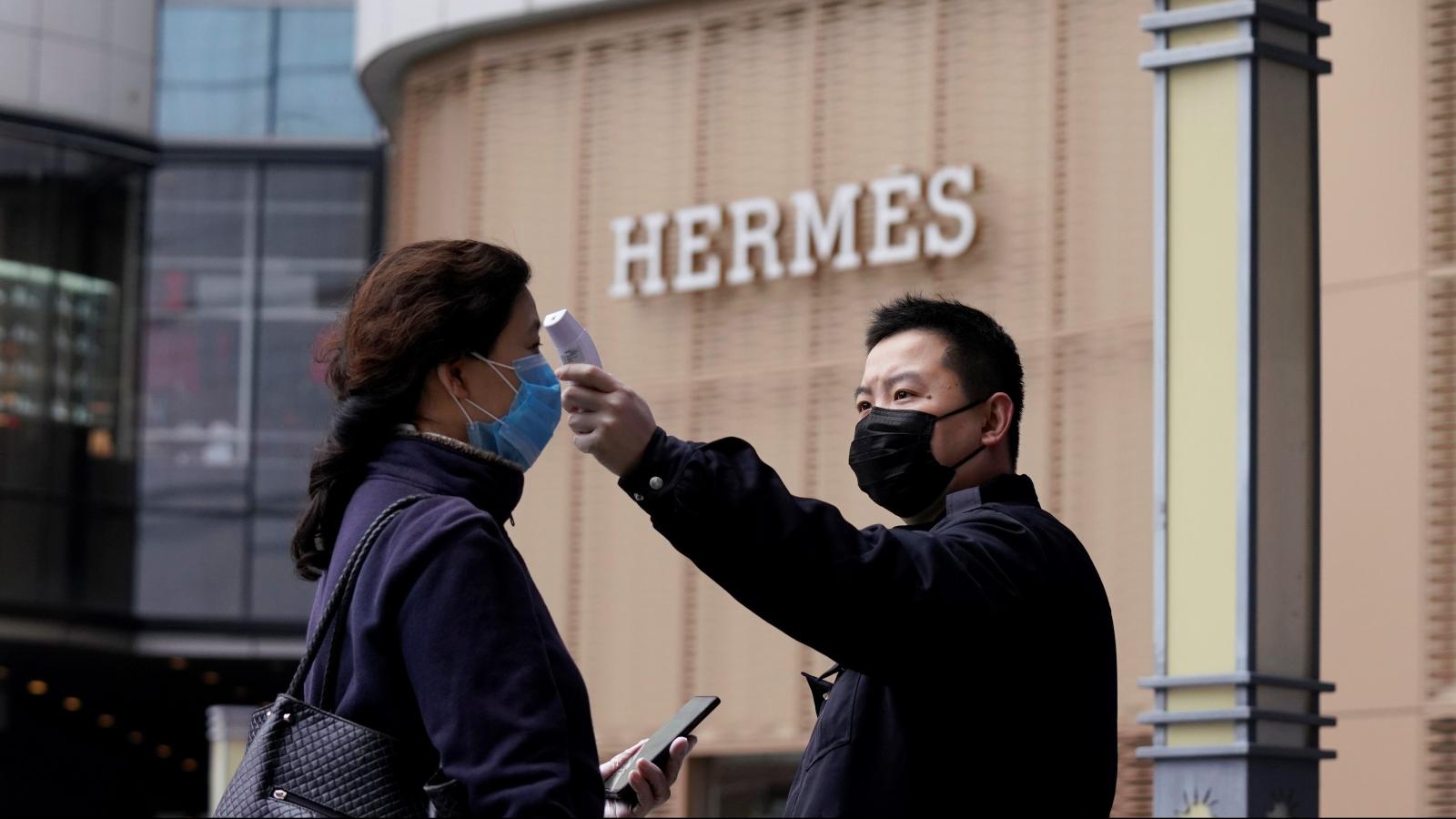
Photo Courtesy www.qz.com
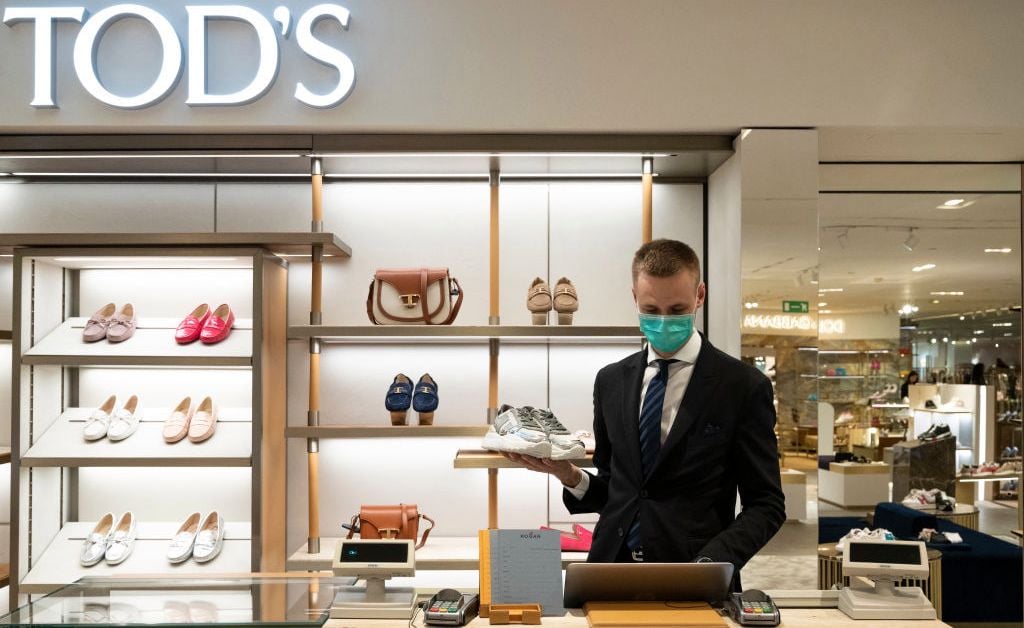
Photo credit: Valeria Ferraro / Echoes WIre/Barcroft Media via Getty Images and Time Magazine
Assuming this Covid-19 world is the new normal, at least for the foreseeable future, how can an online, virtual or private experience measure up to boutique shopping? Here are some of the strategies we expect to see.
Our question to you is, are they enough to get you shopping again?
E-Commerce
At this point, online shopping obviously is nothing new. Brands like Gucci and Louis Vuitton dove deep into e-commerce well before the pandemic. Much of their merchandise is available for purchase online. Hermès” website offers a robust selection of products for sale. Of course, its most coveted bags – the B/K/C trifecta – are only available in store. Other luxury brands have signed up to sell via Amazon’s new luxury platform (read: Is it Time for Luxury to Sell on Amazon?).
However, Chanel (and others) resist digital sales. Despite expanding its digital presence, Chanel refuses to sell ready-to-wear and accessories online (read: Should Chanel Finally Consider Selling Online). Its work-around appears to be the ability to contact a sales associate through its app or website.
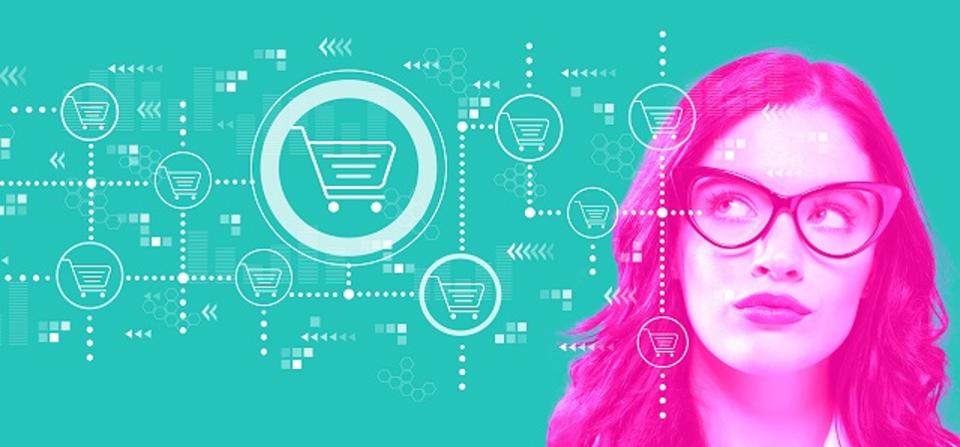
Photo Courtesy: www.forbes.com
The rationale for both are valid. Brands that sell online want to ensure that their products are accessible. Moreover, these e-commerce sales could cushion the impact of the expected slowdown. Those who continue to stay offline, have braced for impact (read: Chanel Foresees Tougher Times Ahead), but don’t want to dilute the luxury shopping experience. The thrill of browsing in a plush luxury store, connecting with a SA and being pampered with beverages and treats cannot be replaced with a quick e-commerce purchase.
However, these are unprecedented times which perhaps call for unprecedented solutions. While malls and shops have started to open up, many consumers are apprehensive about getting out (or more accurately, going in). According to a survey by Fast (an e-commerce checkout platform), 29% of the US consumers questioned weren’t sure if they’d ever be as comfortable entering stores again. As high as 42% of people aged 55 to 64 mirrored these sentiments.
Luxury retail via e-commerce appears to be the viable solution. Not that it is entirely risk free. But with sanitization measures, both at the end of the retailer as well as the customer, definitely a safer option.
Virtual Reality / Augmented Reality
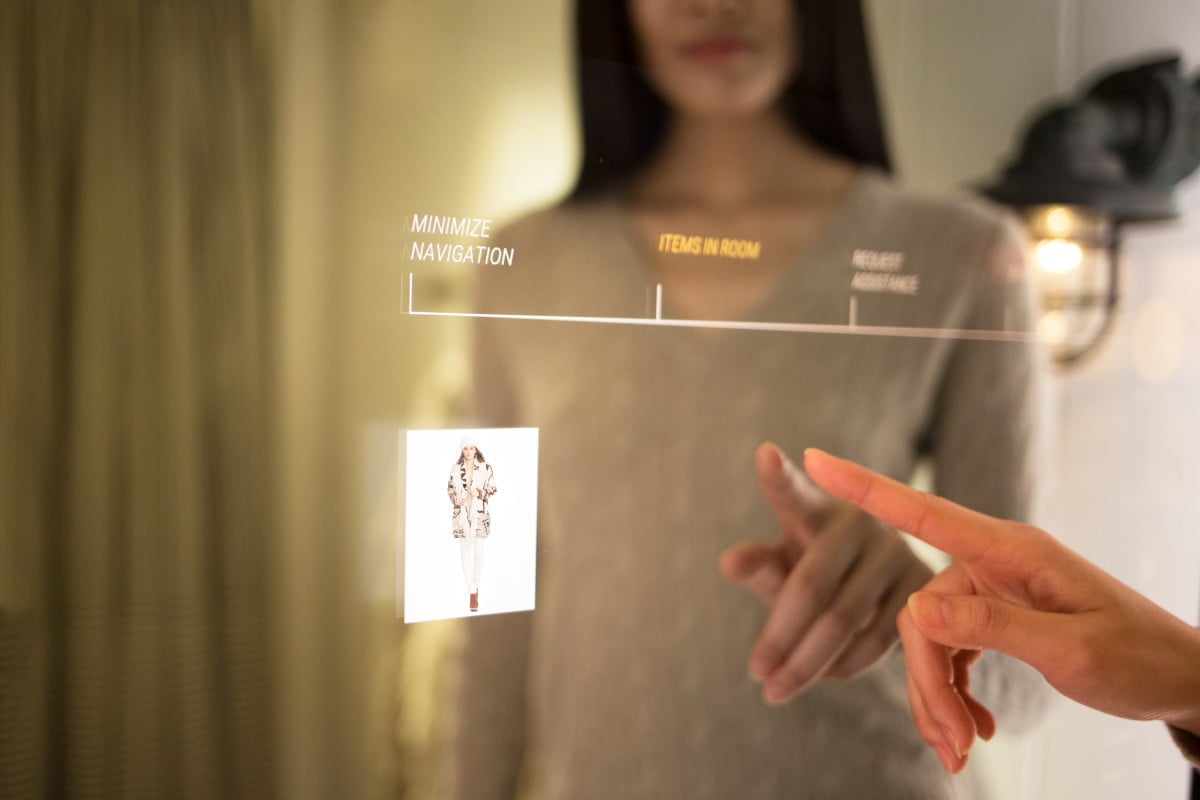
Photo Courtesy: Oaklabs/Ralph Lauren via www.fashionista.com
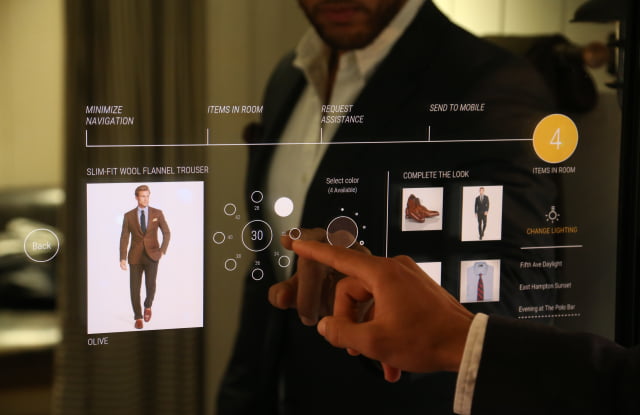
Photo Courtesy: www.wwd.com
While plain vanilla e-commerce works well for many products, virtual reality could be the added boost required for robust luxury e-commerce shopping. Owing to their high price points, luxury items are seldom impulsively purchased. They may be added to cart . . . and then sit there while the shopper ponders, compares, and ponders some more.
What does this look like? 3-D pictures of products could be one way for customers to examine each product from all angles until satisfied. Additionally, an option for customers to upload their pictures and then see how the particular handbag, shoes, garment or jewelry suits them, could further help in the decision making process.
Augmented reality tools can also help make in-store shopping a safer and more enjoyable experience. VR/AR devices – in the form of headsets, scanners or tablets can help minimise the interaction between customers and sales associates. Smart mirrors can be used as alternates to trial rooms.
Smart technology, in a nutshell, is poised to change the way we shop – both online and in store.
Virtual Consultation
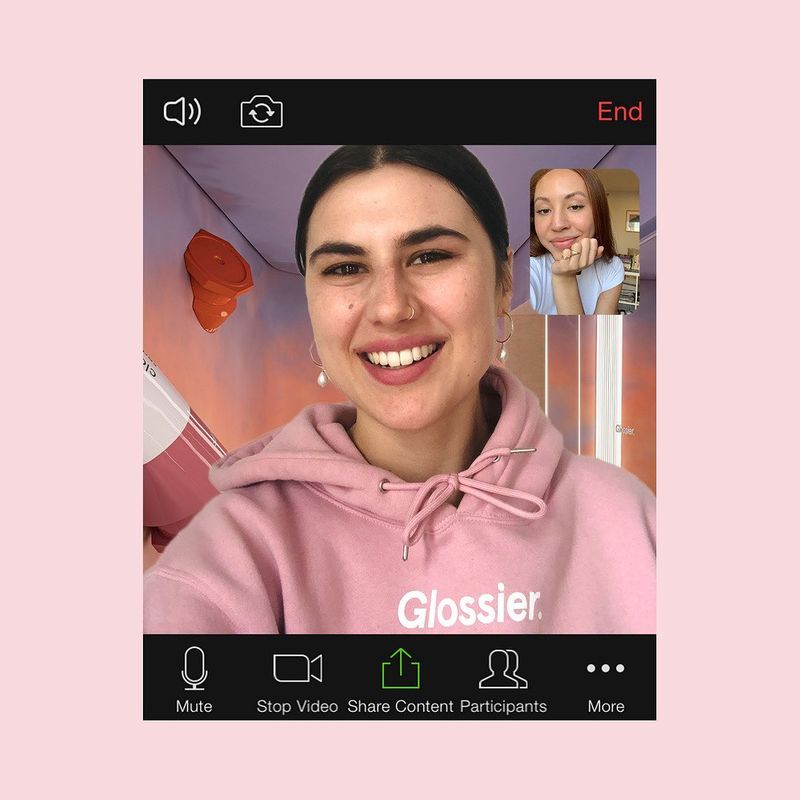
Photo Courtesy: Glossier via www.trendhunter.com
One-to-one interaction always provides that personal touch and irreplaceable engagement opportunity between customers and sales associates. Engagement is difficult in a plain vanilla online transaction. An alternative, however, could be virtual shopping or consultations. Imagine a personal shopping session, whether by simple zoom call or a specially designed app. A virtual platform allows sales associates to showcase products, facilitate virtual trials, compare products, and provide live consultation and advice. The premise is to make the experience enjoyable and as close to ‘the real thing’ as possible.
Neiman Marcus is one of the first to launch a virtual consultation app called ‘Connect’, reports BoF. The app, which is in beta phase, has been rolled out among 4,000 employees who are testing it out with their valued customers
Door-Step Service
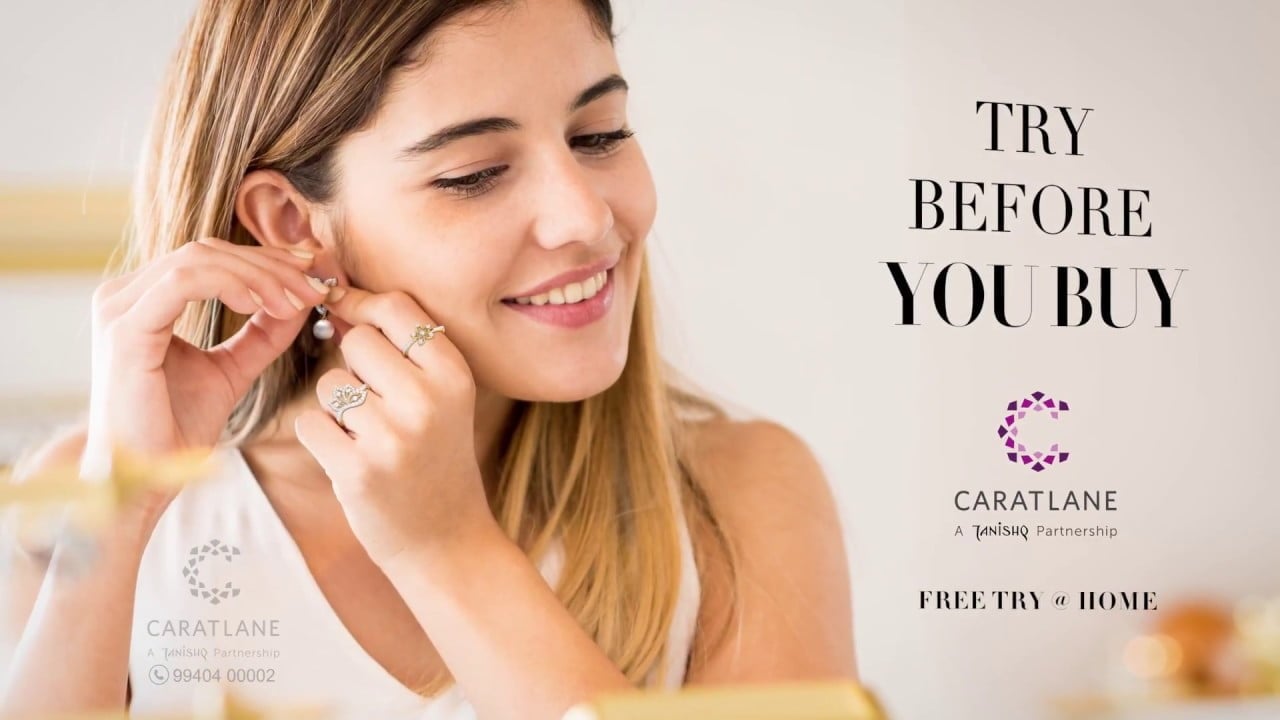
Photo Courtesy: www.caratlane.com
For super exclusive luxury purchases (like luxury cars, couture fashion or diamond jewelry) a door step service that brings a preselected range of products to the customer may be one way to make the sale. A jewelry store, for example could arrange for a sales associate to bring in a preselected range of diamond rings to choose from. A designer label could send across a rack of preselected (sanitized of course) clothing items for the client to browse, try and select.
There could be various scenarios that warrant this service. Challenges with technological adoption with an older age bracket, or the lifetime value of VIP customers, are some possible situations where door step services would help with conversions.
Which of these services do you think could make luxury shopping enjoyable and seamless for you?
Love PurseBop
XO
Updated: July 28th, 2020



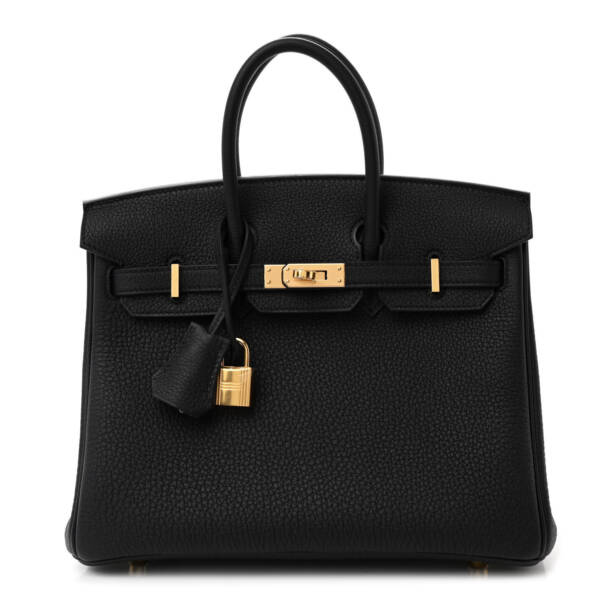
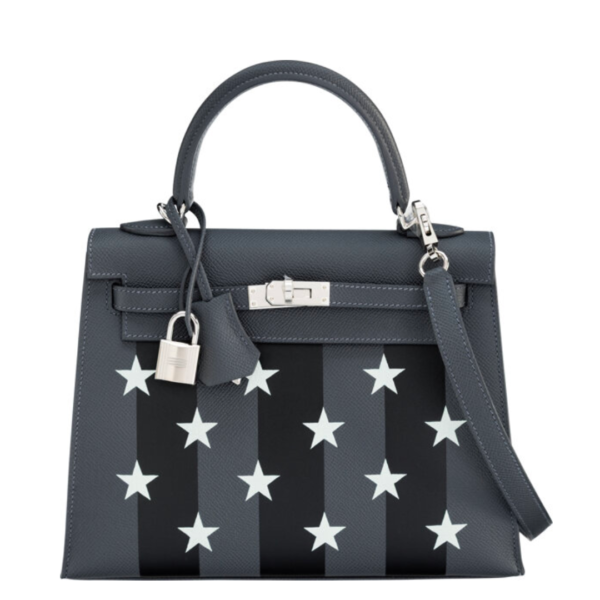
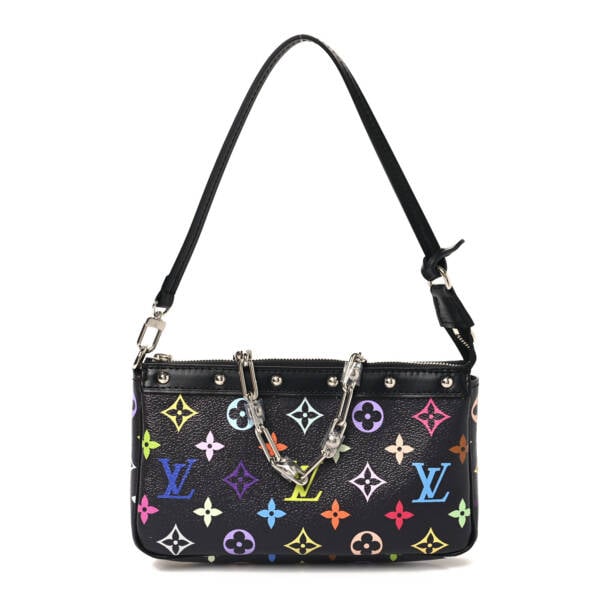
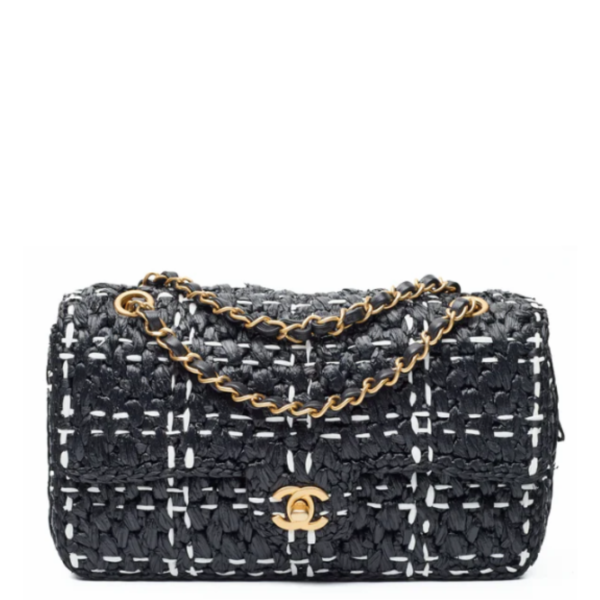
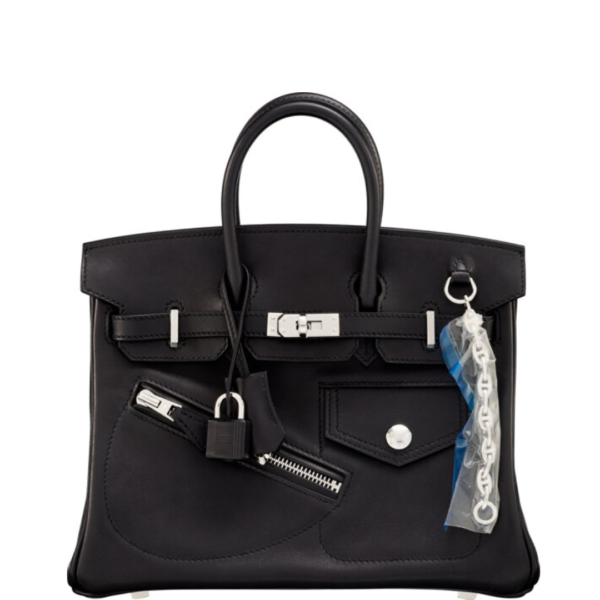
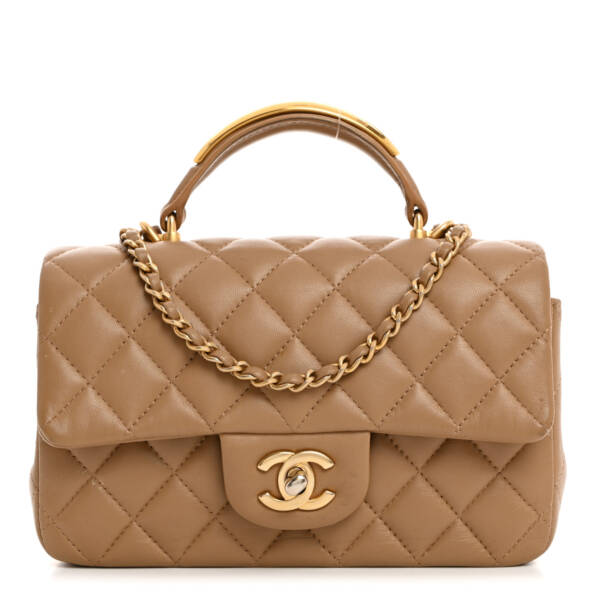
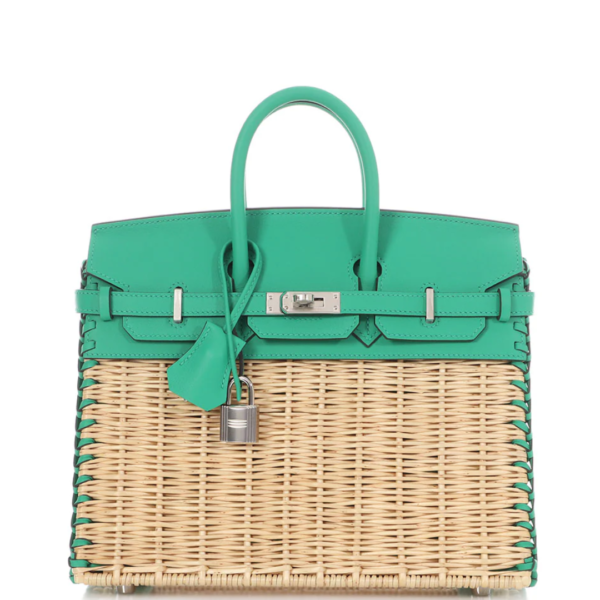
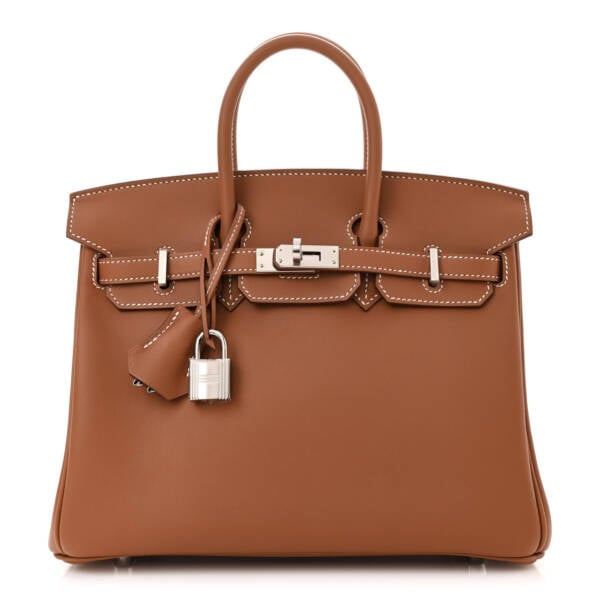
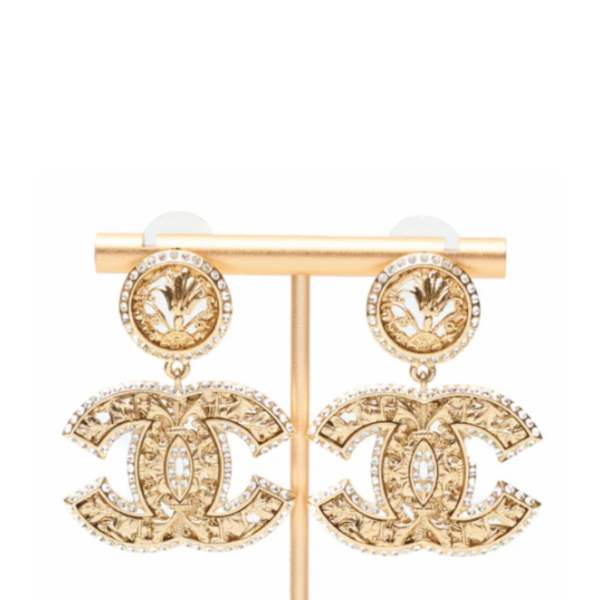

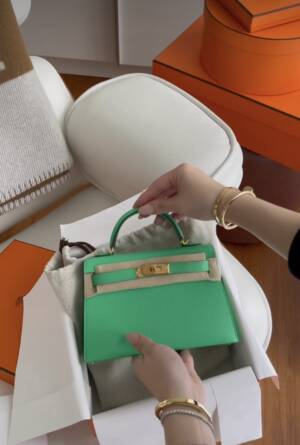
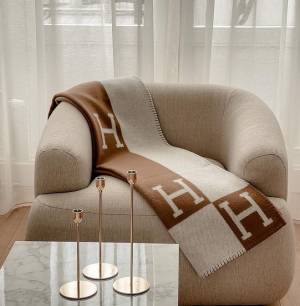
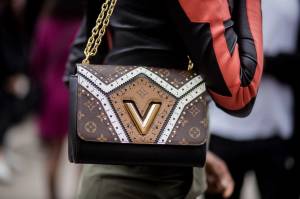
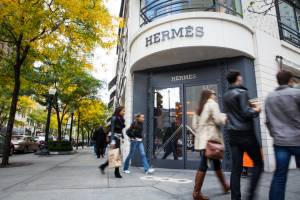
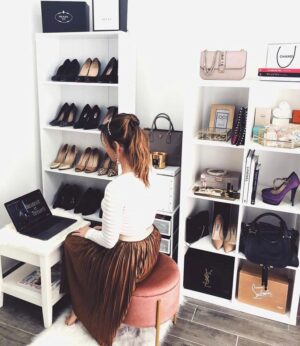
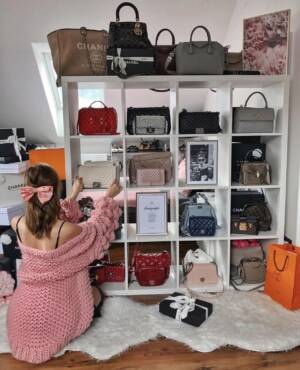


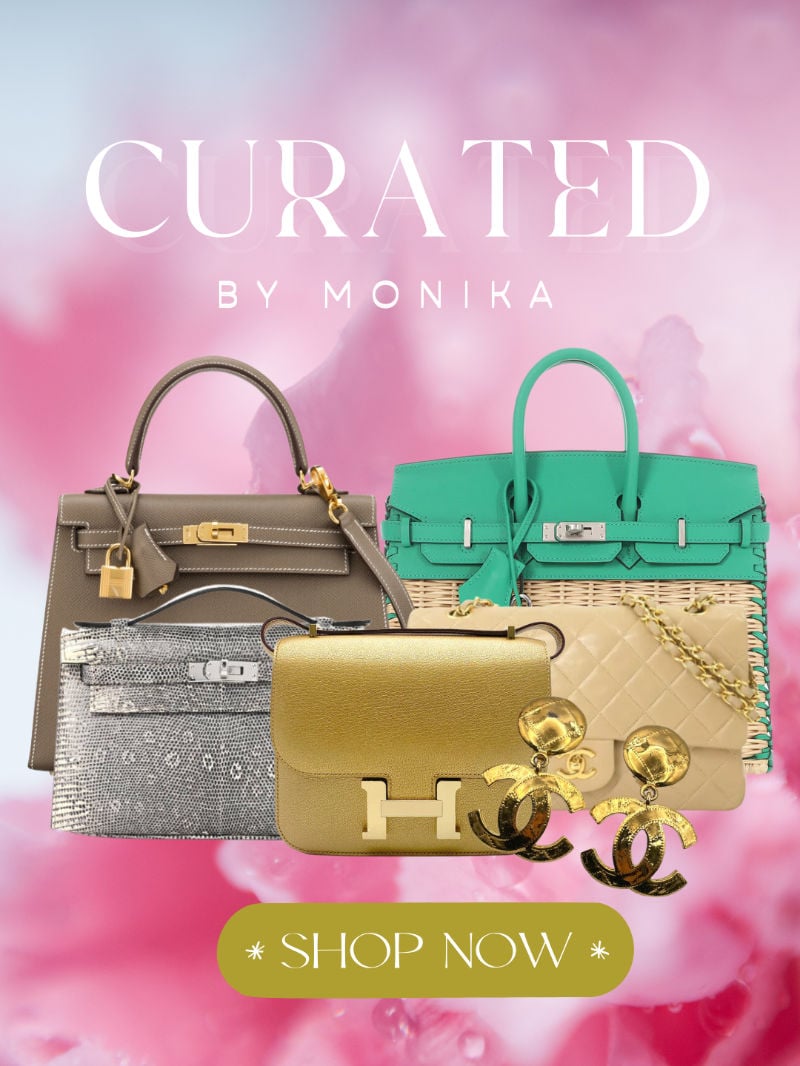
Comments